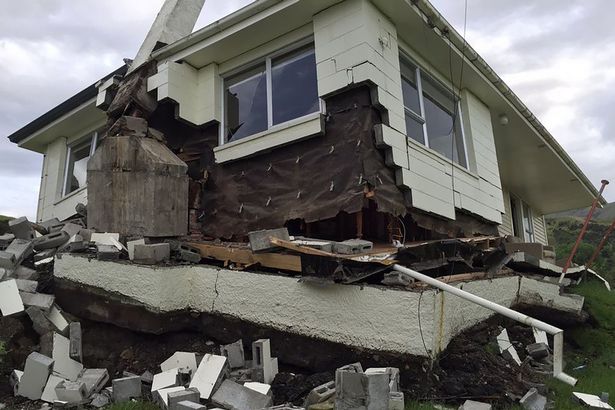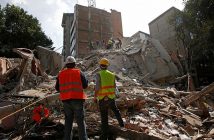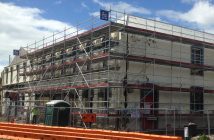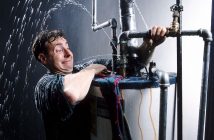The recent devastating Kaikoura earthquake and aftershocks has once again brought into sharp relief the need for New Zealand to be better prepared for natural disasters.
Councils are often at the forefront of disaster response and recovery and Local Government New Zealand says a proposed ‘Risk Agency’ will help equip them and their communities to respond to future upheavals.
Planning for a centralised local government risk agency to assist councils in understanding their risk profiles and work to a common set of standards has been underway for over a year.
LGNZ president Lawrence Yule says the proposed agency would establish guidelines and models local government could use to manage risks and share information so councils could make better informed decisions on how to prepare for and respond to hazard events.
“It will give each council equal access to world-best advice and information on hazard mitigation, adaption and recovery,” Yule believes.
A business plan for the risk agency is with central government, as it requires seed funding for the setup and the initial task of a standardised assessment of all hazards throughout the country and the nature of the risk they pose.
That assessment, combined with the skilled guidance of agency staff, would help each council make decisions on matters such as moving or altering infrastructure, planning for development, and buying insurance.
LGNZ has recently worked with local authorities to produce a guide to financial aspects of risk management, including when and how to purchase insurance and has begun work on a risk framework.
This will provide local authorities with a common way of speaking about and applying risk assessment and management tools and concepts.
Councils are generally well placed to understand what’s at risk and what their residents want and need, and are also best placed to lead recovery locally, Yule claims.
“But there is currently variation in the resources and planning skills available to each of them,” he notes. “The proposed risk agency along with collaboration with the crown and other agencies aims to fix that.”
Getting better at preparing means communities and the nation can recover from disasters more quickly, both economically and socially, Yule insists. “We need to do this because New Zealand has a high natural hazard environment, exposed to earthquakes, tsunami, landslides and volcanic activity.”



